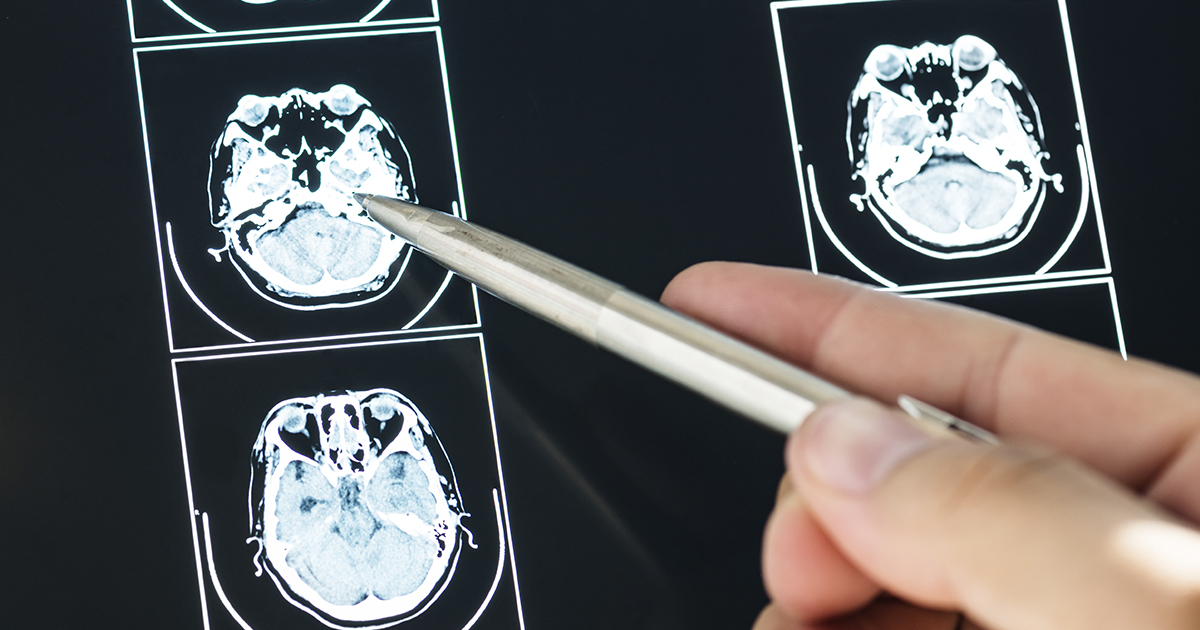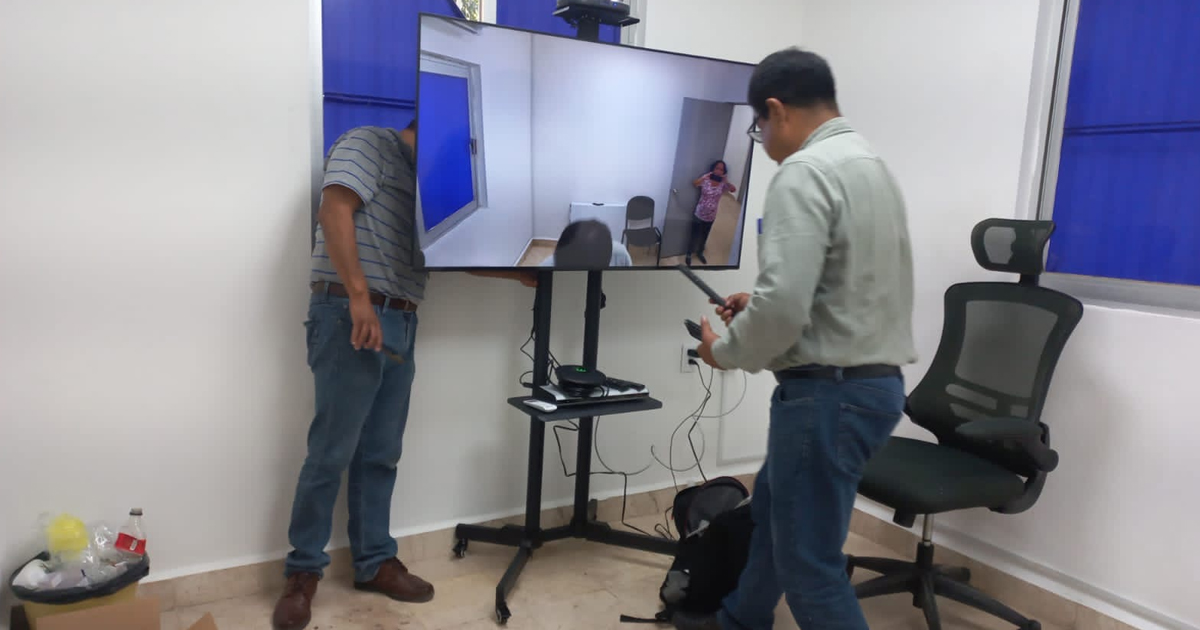Investigadores en China desarrollaron un modelo de aprendizaje profundo que sería capaz de mejorar la clasificación de tumores cerebrales y su diagnóstico.
Estudio publicado en Jama Network titulado, “Desarrollo y validación de un modelo de aprendizaje profundo para el diagnóstico y clasificación de tumor de cerebro utilizando imágenes por resonancia magnética”, muestra cómo esta herramienta puede ser entrenada a través de IRM estándar y mejorar el trabajo de los radiólogos.
La premisa inicial de la investigación fue conocer cómo puede ser utilizado el aprendizaje profundo para la clasificación y diagnóstico de tumores cerebrales. El objetivo principal del estudio fue precisamente desarrollar y validar clínicamente un sistema de aprendizaje produjo que de manera automatizada lograra la identificación y clasificación automatizada de 18 tipos de tumores cerebrales basados en datos de IRM de pacientes.
El estudio de diagnóstico fue utilizado utilizando datos de IRM de 37,871, recolectada entre el año 2000 y 2019. Asimismo, el sistema de aprendizaje profundo para la segmentación de 18 tipos de tumores intracraneales fue basado en imágenes T1 y T2 ponderadas por RM.

“La precisión diagnóstica del sistema se probó utilizando un conjunto de datos independientes internos y tres externos. El valor clínico del sistema se evaluó comparando la precisión diagnóstica de tumores de los neuro radiólogos con la asistencia del sistema propuesto frente a los que no la tenían, utilizando un conjunto de datos de prueba interno independiente. Los datos se analizaron desde marzo de 2019 hasta febrero de 2020”, explican los autores en el estudio.
Los hallazgos del estudio mostraron que el modelo tuvo mejores resultados que los neuro radiólogos en la clasificación e identificación de tumores, en cambio los neuro radiólogos tuvieron mayor precisión cuando se apoyaron en el sistema de aprendizaje profundo.
“Estos hallazgos sugieren que el diagnóstico automatizado basado en un sistema de aprendizaje profundo puede estar asociado con una mejor clasificación y diagnóstico de tumores intracraneales a partir de datos de resonancia magnética entre los neuro radiólogos”, concluyen los autores.
Para conocer más detalles consulta el estudio completo en el siguiente enlace: https://jamanetwork.com/journals/jamanetworkopen/fullarticle/2794975







